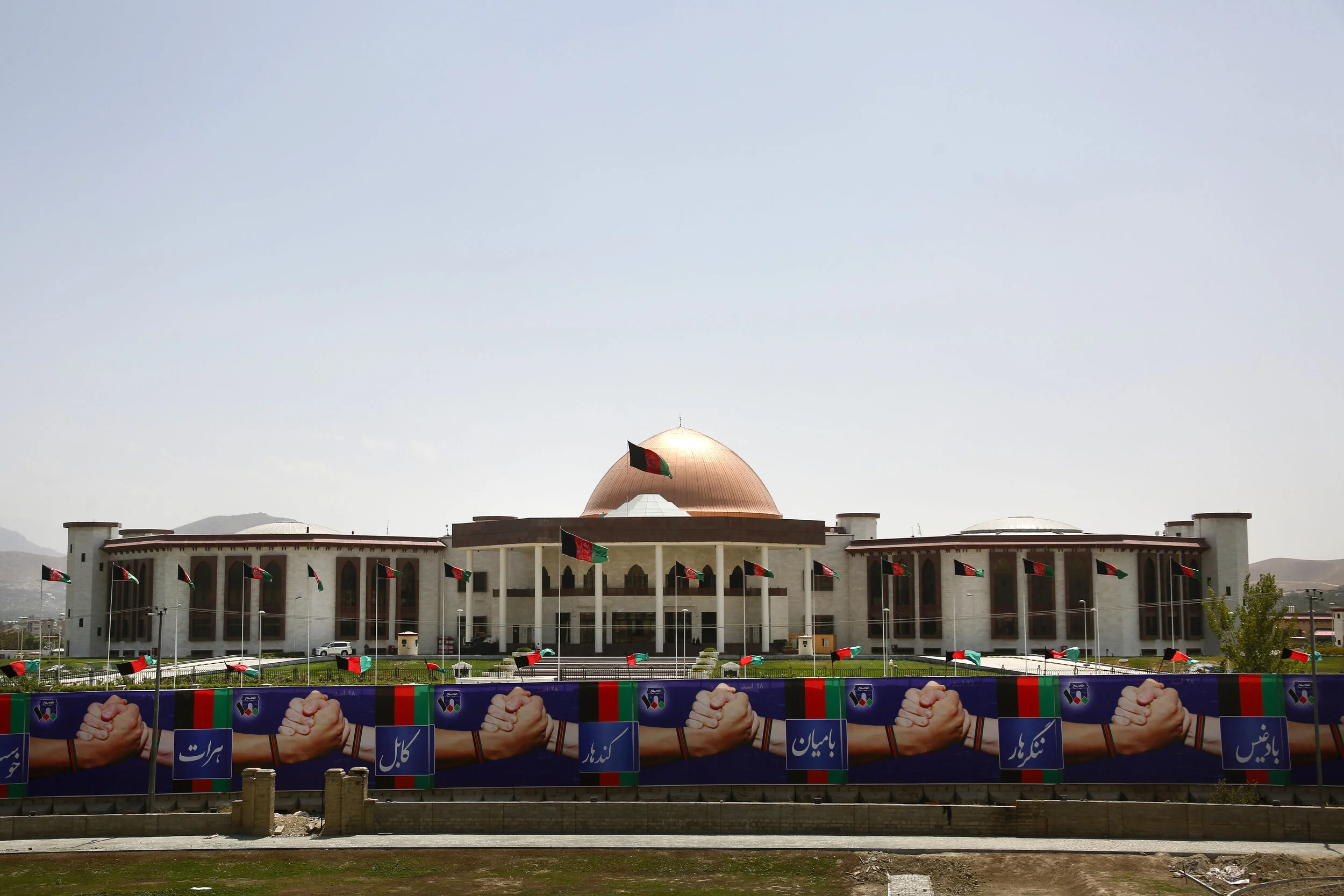At a Turning Point, Afghan Women Share Their Stories
Amy Hill
Editor’s Note: In the summer of 2021, as the U.S. began its final withdrawal from the country, StoryCenter partnered with the Chadari Project and the Atefa Foundation to bring a small group of Afghan women together for an online workshop to explore stories of conflict and hopes for peace. Just a few weeks after our session, the Taliban has rapidly taken over the country once again. According to the UN High Commissioner for Human Rights, reports from 16 provinces continue to show that the majority of women are experiencing the same rights violations as 20 years ago at the control of the group, including the forced wearing of a Burka, forced marriage, restrictions on freedom of movement and required use of a mahram (male chaperone) to go out in public, prohibitions on working, and restricted access to health care, education, and more. Here we share two personal perspectives, to honor women’s unique voices and experiences at this very difficult moment. View more stories by Afghan women, from our 2016 online digital storytelling project.
We Can Only Imagine, by Zeenat
There was a day last year when I was riding in a car, on that big road close to the airport in Kabul. I saw this huge sign, like a large banner, by the side of the road. I cannot forget it. There were flowers in the picture, and greenery. It was beautiful—and it hurt me so much.
Here in Afghanistan, people can only imagine these things, because they do not know what they’re like. I cried. I thought, “My God, my people have not seen peace for so long, they have to create it in their minds, like in a dream.”
On a day-to-day basis, we are facing so many problems. It’s still ongoing. I know people are so tired of it.
When someone asks me to talk about peace, all I can say is, “We can only imagine what it’s like.”
It seems like there has always been war. I’m told that before the bombs came, we were a very developed country. We had factories; we had import and export businesses, relationships with the international community. But then it all just stopped.
But I see that despite the wars, no matter how hard people try to destroy us, they cannot. Our enemies always lose. We're still fighting. We hope we will live through today, tomorrow, the next day. We don't know. We feel that we don't have any future. This is what we are thinking at the moment.
Other people wake up thinking, “What will I eat now? What do I have to do? What is my schedule?”
We wake up and wonder, “Should I go out today? Will I even survive?”
Hope, by Shazia
When I first came to Afghanistan, I was about 13 years old. My Persian wasn’t good at all, and I couldn't understand a single word of Pashto. The school that I went to was terrible. Kids bullied and ignored me. I thought that they were going to be nice, because they’re Afghans, and I’m an Afghan too. But I was wrong. I was born and brought up in Pakistan, so I had an accent while speaking in Persian. That’s why they teased me a lot.
After weeks and weeks of this, I was angry and sad. My parents decided to let me study at a Persian and Pashto Language Centre, so my Persian and Pashto would improve. People there were nice to me. They never teased me.
In six months or so, my Persian got much better, and I started understanding Pashto words too. I got used to the school environment and started to make friends, but some of my classmates still didn’t like me, because I am different from them. Sometimes I asked for their help, but they just ignored me.
In my literature class, the teacher asked us to write a story about a memorable event in our lives. Only two people in the class received full marks for the best story. Guess what? I was one of them! I was proud of myself that I’m good at something. When I came home, I told my mum and dad. They were very proud of me too! Ever since then, I’ve been studying as hard as I can.
My next goal is to become one of our country’s finest businesswomen. But the current situation is so difficult. Even when we can access education, there are huge challenges—overcrowded classrooms, a lack of teachers and resources, and violence that we face at school or on our way there. During the continuous conflict, the educational infrastructure has been nearly destroyed, and so has the hope of a whole generation of girls.
